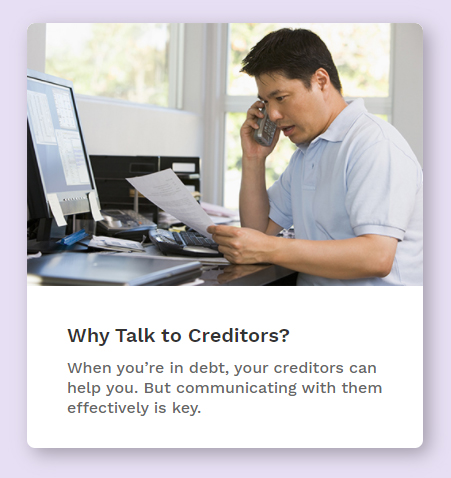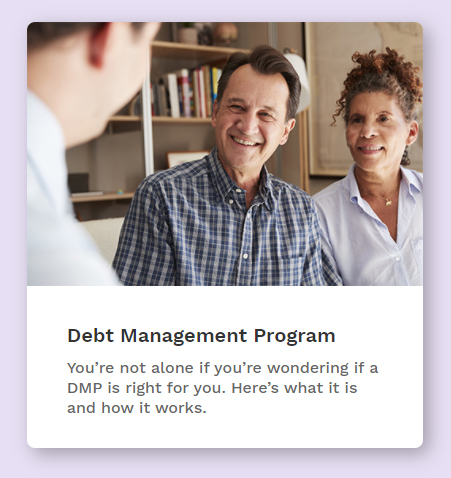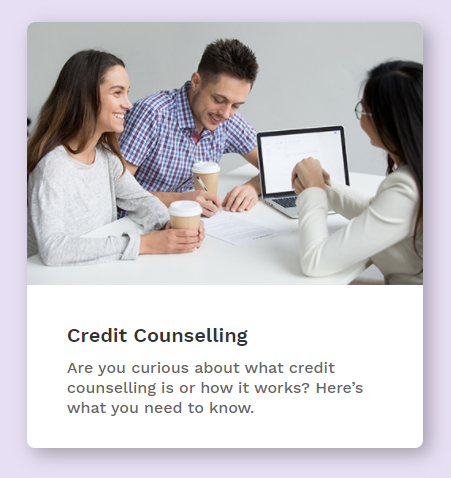How to Stop Collection Calls in Canada – Regain Control Today
By Debra Pangestu
Having debt and being on the receiving end of collection calls is a difficult situation for anyone to be in, but if you’re armed with some helpful tips and information about your consumer rights, you’ll know how to stop collection calls and understand how to deal with collection agencies in Canada.
If you find yourself constantly fielding collection calls and wondering how to stop collection agencies from calling, know that you’re not alone. There are laws in place to protect you when dealing with debt collectors, and there are agencies that can help you navigate through the different debt relief options. If you’re ready to put a stop to debt collection agency calls, here’s what you should know:
Know Your Debts
Does the Debt Collection Agency Have the Right Person?
If a debt collection agency calls you or sends you a written notice through registered mail, determine first whether the collection agent is collecting on a debt that actually belongs to you. If someone else has a name that is similar to yours, it can happen that a debt collector calls you about somebody else’s debts. It’s also common for collection agents to call about a debt you’ve already paid off.
A practice that has become more common in Canada is for large creditors – like credit card companies and large financial institutions – to sell off their old accounts to a debt collection agency. And sometimes, accounts that should not have been included, such as settled accounts or accounts past the statute of limitations, are included in the sale.
So get as much information as you can about what the debt collector is calling about: who the debt is owed to, how much the debt is for, and when the debt started. If the details aren’t familiar, look at your statements to confirm whether the debt indeed is yours, and if the amount is correct. Do all these things before you acknowledge the debt or make arrangements to pay it off. If you have paid the debt, provide proof of payment to the debt collection agency, and that should be enough to eliminate the phone calls. If the debt isn’t yours, communicate this to the debt collector and contact the original creditor or financial institution to confirm the information.
Is the Collection Agency Licensed to Collect Debts in Your Province?
When payments on a debt are 6 to 9 months past due, most creditors will try to collect money from you through their in-house collection department. If they are unsuccessful, they will send the debt to a collection agency, who will be paid a percentage of the debt in exchange for collecting it from you. For debts that are way past due, the debts will often be sold to a collection agency for a fraction of their full value.
Sometimes these collection agencies can be located outside of Canada and they don’t take the time to follow the rules. They must also obtain a license to collect debts in each Canadian province where they are going to attempt to collect debts. If you suspect that a collection agency is not local, then check them out on your province’s consumer protection authority website to see if they are licensed. If they’re not, then they don’t have authority to collect the debt in your province.
Debt Collection Laws and the Statute of Limitations on Debt
Sometimes dealing with debt collectors can be frustrating, and although ignoring their phone calls or hanging up on them may sound like an appealing way to handle the situation, the most effective way to stop a collection agency from calling you is to know your rights and responsibilities.
Many consumers are unaware that all collection agencies are governed by the consumer protection laws in each province, and must adhere to strict guidelines. Although different debt collection laws apply to different provinces, consumers should be aware that there are many commonalities in these laws that outline the rules for collection agencies in Canada. Under these rules, or an act, a collection agency can typically only contact you a certain number of times each week, they are not allowed to call you outside of certain hours or on holidays, and they may only be allowed to contact you once at work for the purpose of confirming your contact information.
Links to collection laws for all provinces from Ontario west.
If a collection agency violates your province’s debt collection act, you can report them to the consumer protection authority in your province. The consumer protection agency in your province has the authority to revoke a collector’s license to collect debts.
What most consumers are also unaware of is that there is a statute of limitation on debt, which ranges from two years to six years, depending on the province. Essentially, the statute of limitation outlines the length of time a creditor has in order to enforce repayment of a debt through legal means. Once a debt is past that limitation period, a creditor loses the right to enforce repayment and collect the debt.
If your debt is beyond the statute of limitation, you can advise the collection agency of this and request that they stop all communication with you.
If the collection calls persist, you have the right to file a formal complaint with the consumer protection office in your province (here is a list by province). The collection agency cannot initiate legal action against you unless you acknowledge the debt, which happens when you make a payment or confirm the debt in writing. When you acknowledge a debt, the limitation period restarts.
More information about acknowledging a debt
Harassing phone calls — as well as threatening and abusive language — towards you, your spouse or family members, are illegal and should be reported. Collection agents also are not allowed to collect more than what is owed.
Get Collection Agencies to Stop Calling by Asking in Writing
If you discover that the debt the collection agency is calling about indeed belongs to you, one way you can get a collection agency to stop calling is to request in writing that they only communicate with you in writing. This is sometimes called a “cease and desist” request. The laws vary from province to province with regards to written communication requests and arrangements, so find out what the law is in your province from your consumer protection authority.
Sample debt letters to communicate effectively with creditors
How to Pay Off the Debt or Consider Other Debt Relief Options
Once you’ve sent the cease and desist letter to the debt collection agency, it’s time to look at your budget to see whether you can either pay off the debt in full, or consider other debt relief options, such as a debt settlement, consumer proposal, or a debt management program.
If you decide to repay the debt in full, make sure you get a receipt for the payment and don’t ever send cash in the mail.
In many circumstances paying the debt in its entirety isn’t possible, in which case you can talk to the collection agency about making a payment arrangement. But before you agree to any payment arrangements, go through your budget to see what you can reasonably afford without falling behind on other payments and living expenses. If you need help looking at your budget, one of our credit counsellors would be happy to help you.
Also, it’s important to ask for written verification of the debt owed — signed by a representative of the debt collecting agency — before sending in any payments. This will avoid any misunderstanding about what you are supposed to pay and the time period in which you must make the payments.
Finally, don’t forget to keep a record of each of your payments and file the paid-in-full or debts settled confirmation that you get at the end in a safe place.
Last Updated on January 20, 2025
A Non-Profit Credit Counselling Agency Can Help Put a Stop to Collection Agency Calls
If you determine that a payment arrangement isn’t possible, and you still need help to stop collection agency calls and deal with debt collectors in Canada, contact us for free help to review your financial situation. Many debt relief options aren’t well known, but our professional credit counsellors have experience helping people just like you deal with their debts successfully. Even if you have a low credit score, we can still help you because our solutions don’t depend on borrowing more money. Contact one of our experienced credit counsellors today and we’ll be happy to answer your questions. Our appointments are confidential, free of charge, and without obligation. We’re happy to help relieve your stress so that you can get your finances back on track.








